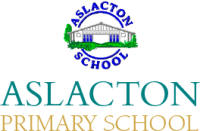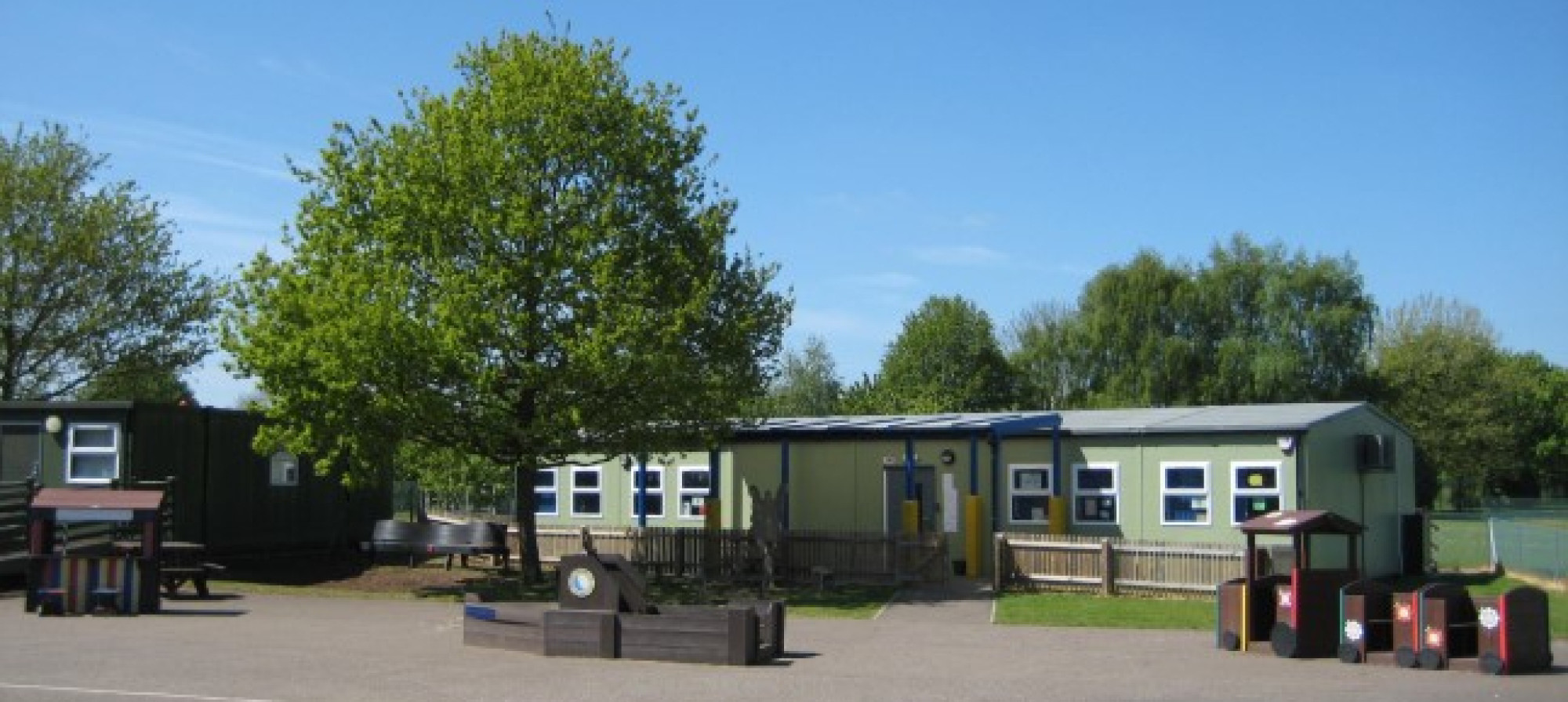Science
![shutterstock_1466824106-[Converted]](/images/uploads/29/649/shutterstock_1466824106-%5BConverted%5D.jpg)
We recognise the importance it plays in the early education of young children where we can embrace and encourage the natural curiosity that young children have and instill a love of finding out about and trying to explain what they see happening in the world around them.
In the Foundation Stage children begin by exploring and finding out about the world around them through practical experiences, through independent play opportunities and also through more structured focused explorations guided by the nursery staff. This continues into the Reception classes where learning is still very much play based and led by the child's discoveries and interests. Assessment is included as part of the child's learning journey and is formally assessed at the end of the Early Years Foundation Stage against the Understanding the World area of learning.
In Key Stage 1 and 2 the pupils follow the new national curriculum for science which ensures that they:
- develop scientific knowledge and conceptual understanding through the specific disciplines of biology, chemistry and physics.
- develop understanding of the nature, processes and methods of science through different types of science enquiries that help them to answer scientific questions about the world around them.
- are equipped with the scientific knowledge required to understand the uses and implications of science, today and for the future.
Science for our key Stage 1 pupils is based on the White Rose scheme of learning. We aim that pupils are given the knowledge and skills they need to explore the world around them and prepare them for the next stage in their education.
I







